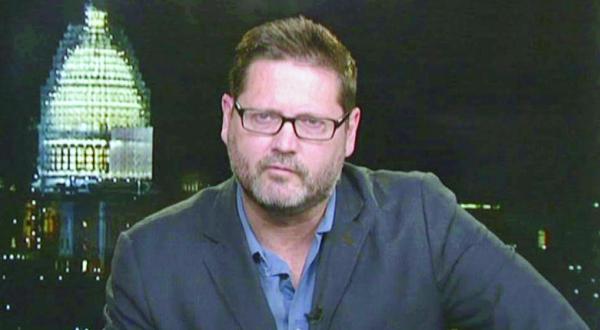A nation must think before it acts.
Michael Pregent is a former analyst at the Defense Intelligence Agency who focused on Iran in the course of his service. Currently an adjunct fellow at the Hudson Institute focused on Middle Eastern affairs, he is also a visiting fellow at the Institute for National Strategic Studies at the National Defense University.
In recent weeks, allegations of Saudi government operational involvement in the 9-11 attacks have regained prominence in the American public discussion. What do you see as the political context of this trend?
With all of the recent provocations by Iran, Democrats who supported the Iran deal are now in an uncomfortable political position vis a vis their constituents based on those provocations. They’ve expressed their concerns to the President, and say they’d be willing to support sanctions against Iran for non-nuclear violations, such as the terrorism violation. But meanwhile, the President has been appealing to every Governor of every state to consider lifting their existing sanctions on Iran for non-nuclear violations such as humanitarian violations and support for terrorism and support for Hezbollah. So that’s something that also came out this week. The President, in a letter to state Governors, said, we’re asking you to lift sanctions on Iran. Many of the Governors have responded by saying, ‘We thought this was only a nuclear deal. Why are you asking us to lift sanctions on Iran for terrorism and humanitarian issues?’
The current White House is an administration that is doing everything it possibly can to make sure that the Iran deal does not unravel before the President leaves office. Iran knows this, and so it continues to pressure the US, conveying in substance that that is exactly what they’ll do if the US doesn’t give Iran access to the US banking sector and lift all existing sanctions on Iran.
In this context, there is a visible trend, both on the part of the White House and on the part of some of its most prominent supporters in Congress, to accentuate information about Saudi Arabia that is helpful to supporters of the Iran deal. Supporters of the Iran deal know that they cannot persuade Americans to feel comfortable with the Iranian government or accepting the leadership of the Iranian Revolutionary Guard Corps as a security partner. But perhaps their confidence in America’s traditional allies — Saudi Arabia being prominent among them — can be eroded through the painful memories of September 11 and the allegation that the Saudi government had something to do with it. In other words, “If you don’t like Iran, Saudi Arabia is worse, or just as bad.” It’s called moral equivalency.




